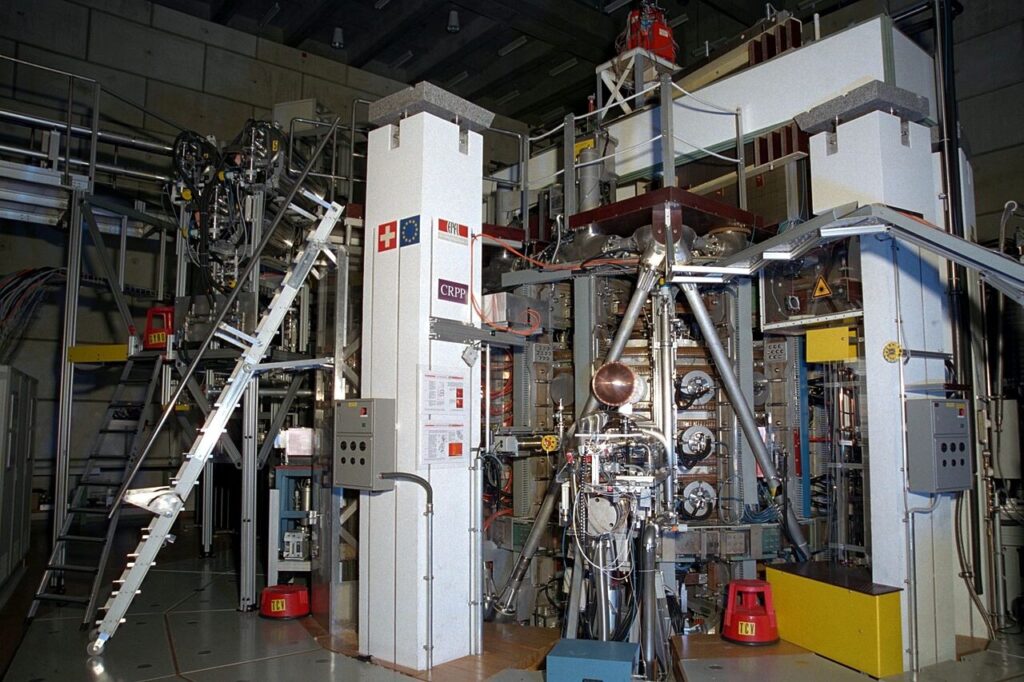The base of this mistake was Einstein’s assumption that the universe was static, neither expanding or contracting. It came from his attempts to build a model of the universe that followed his own laws of relativity. Unfortunately, the idea that everything in the galaxy is staying put was blown up by future famous telescope namesake, Edwin Hubble. Hubble used redshift, a measurement of the increase in the wavelength of electromagnetic radiation, to show that other galaxies were all moving away from Earth (at a speed relative to their distance, but we can skip that part) in a constantly expanding universe. This also kicked off the idea of the Big Bang Theory, paving the way for a mediocre sitcom decades later.
Cold Fusion
If you were around in 1989, you might remember the scientific explosion of interest in the idea of “cold fusion.” You might also wonder what the hell happened to it, given that it was painted as a massively important scientific discovery that would vault us into the future. Well, you might also know that scientists are obsessed, for good reason, with successfully reproducing test results. After all, if something’s supposed to be the truth forever now, you should be able to do it more than once. That’s where cold fusion failed to make the cut.
I’m not going to try to explain cold fusion in full detail, because that would end with my brain dripping out of my ears like pink queso, but here’s a very shallow overview. First of all, “cold,” in this case, doesn’t mean anything approaching freezing point. It just means nuclear fusion that can occur at room temperature instead of notably hotter places like, say, the inside of a star. This is what Martin Fleischmann and Stanley Pons thought they had achieved. They maybe should have tried it a couple more times before ringing up the rest of the globe, though, as it’s never been able to be reliably reproduced. Their results are now generally considered “experimental error,” a scientific way to say “they fucked up.”

